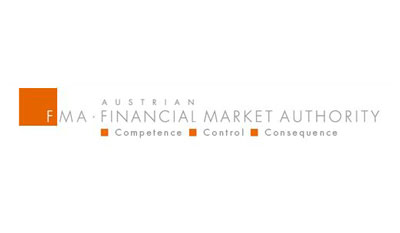New European Union Legislation on Market Abuse enters into force in 2016

The law on market abuse in relation to the trading of financial instruments within the European Union will be completely overhauled in 2016. With effect from 3 July 2016, the previously applicable Market Abuse Directive (MAD) will be replaced by the new Market Abuse Regulation (MAR). This reform of legislation governing market abuse is a reaction to the financial crisis of 2007 and implements two significant initiatives: on the one hand, rules have been created against market abuse that are directly applicable in all EU Member States, while at the same time sanctioning regulations have been massively strengthened. Consequently, market participants enjoy greater legal clarity as a result of the uniform nature of the law, while regulatory arbitrage is also prevented. The extreme strengthening of sanctioning provisions and the obligation to publicly disclose any breaches (“naming and shaming”) are intended to act as deterrents against breaching the provisions of the law. Moreover, the sanctioning provisions in the form of minimum penalties to be prescribed on an EU-wide basis are defined in an EU Directive. The “Criminal Sanctions for Market Abuse Directive” (known as MAD II or CSMAD), will be required to be transposed into national law by 3 July 2016.
In addition to ensuring EU-wide uniformity, the new legislation on market abuse also substantially strengthens and extends the provisions and their application:
• Their scope will be extended to apply to all financial instruments that have been approved for trading on multilateral trading facilities (MTFs) or on other organised trading facilities (OTFs), as well as all non-exchange traded derivatives, and which may affect the underlying markets. Consequently, issuers on the “Third Market” at Vienna Stock Exchange will also be obliged to make ad hoc publicity disclosures and to make notifications about Directors’ Dealings in the future. Ad hoc publicity is intended to preventively counteract the abuse of insider information, by demanding that such information is published without delay. The Directors’ Dealings rule obliges managers and persons closely linked to them to disclose their proprietary trading activities in financial instruments issued by the company.
•In the future, the reporting requirement for Directors’ Dealings will not only cover proprietary trading activities in shares, but will also extend to associated derivatives or other associated financial instruments and debt instruments. For example, gifts or inheritances of financial instruments (e.g. shares, bonds, etc.) of an issuer, which a manager receives from this issuer, will also become notifiable.
• New rules also come into effect for the handling of insider information as part of market sounding in conjunction with the placement of securities, for example: an issuer plans to issue a bond. To be able to estimate the actual volume and pricing of an issuance, the issuer supplies information about the planned issue to potential investors prior to the actual announcement of the issue. The information is passed on with the aim of determining the conditions (volume, price) at which potential investors are prepared to subscribe to a bond. Records are to be kept for such a market sounding exercise, which must be passed on to all involved parties. It must be explained to all involved parties that the (attempted) usage of the information they have received is prohibited.
• In the future, certain manipulative techniques for market abuse for algorithmic trading and high-frequency trading will also be explicitly prohibited. For example, it will be prohibited to enter orders or execute transactions, if such actions are suited to triggering a trend and to motivate other market participants to accelerate this trend, whereby the trader creates an opportunity to unwind or open a position at an advantageous price (“momentum ignition”). The execution of transactions in order to uncover orders by other market participants, and then entering an order to trade thereby creating an advantage for oneself, a practice known as “phishing”, will also be prohibited.
“The new laws ensure that all financial market participants in Europe will play by the same set of rules, while also allowing the FMA to supervise the market in a better and more efficient manner,” emphasised the FMA’s Executive Directors, Helmut Ettl and Klaus Kumpfmüller.
Source: FMA – New European Union Legislation on Market Abuse enters into force in 2016


























